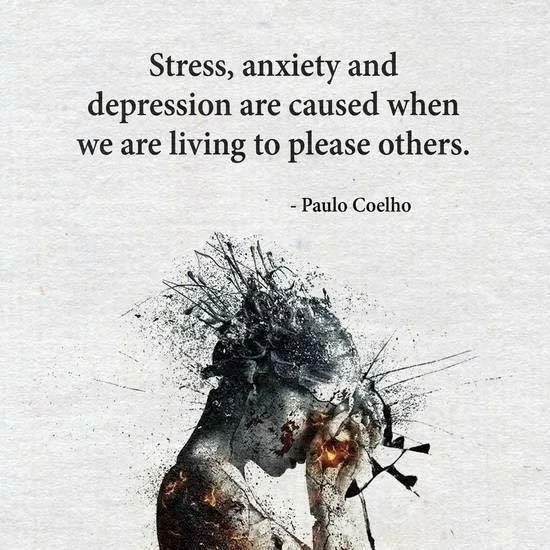With busy schedules often comes something that, for some kids and parents, can heighten anxiety: travel. With children, we see a lot of pre-travel anxiety, also known as anticipatory anxiety. Symptoms may include a sleepless night before a trip, loads of questions (many that are repeated), an upset stomach, or feelings of dread. To put it more bluntly, you’re child may freak out a little before you fly. But don’t panic. Whether it’s by plane, train, or automobile, travel can be quite triggering and scary for many kids, even if they’ve traveled before or traveled without anxiety in the past. I’ve had several parents reach out to me about how to support their kids on upcoming trips, and as I gathered information to help them, I started to realize one thing: they aren’t alone! This experience of travel anxiety in the family and in our kids is by no means an isolated or rare occurrence.
How can we soothe the child who’s struggling with the intense fear that the plane will crash?
Someone will break in to the hotel room and hurt them?
The amusement park will be too loud or crowded?
These my seem like “silly” or “irrational” examples, but that’s anxiety’s favorite tune to play: the “Your Worst Fears Will Come True” song. With that in mind, how can we help our kids who struggle with crippling fears and worries about traveling?
5 things you can do to help your anxious traveler
1. Most importantly, take a deep (diaphragmatic) breath and realize you know more than you think you do. You can trust yourself. If you are grounded and confident in your ability to be present and help, your kids will sense that and begin to “borrow” some of your grounded-ness and confidence to face their fears and begin trusting themselves that they too know how to handle anxiety. We learn this in our child therapy group called Calm Crusaders.
2. I recommend starting with validation. Validation is just a fancy word for taking the time to tell another person "I hear you." Simply validating that your child has questions about travelng can help them begin to integrate their emotions and feel more empowered. For example, try something like, "Your brain is very curious about what the plane will look and sound like, and how many people will be there. It's normal to have questions about things we've never done before. How can I help?
3. If your child is the type of kid whose anxiety is soothed by answering questions or getting a feel for the unknown, you can try to help them understand the noises and sounds of the car, train, boat, or plane you’ll be traveling on. A carwash is actually a great simulation of some of the noises a plane makes when it’s starting its engines. So, you could use going through the carwash as an example of what being on the plane would sound like (for kids who have never flown before). Or, for kids who have flown before but still feel anxious about flying, you can take them through the carwash and practice making the sounds with your voice / mouth, deep breathing, and naming the fears of being on the plane. Kids tend to learn best through experiences, not just instructions, so doing this “practice run” for calming the body during a feared situation will help them be able to do the same deep breathing when they’re actually on the plane.
4. You could make a little game out of flying. For example, if the flight is 3 hours long, you could have a little activity that you do each hour, or a little treasure to collect at the start of each hour. Or a scavenger hunt (i.e., find something blue, find something round, find someone asleep, find someone younger than 10, etc).
5. Have a plan for the anxiety. Fingers crossed everything is smooth sailing (or flying, or driving!) but also have a plan of things you can do if your child is really struggling and panicking in the moment. One idea is having something to soothe the 5 senses on hand (sight, touch, hearing, smell, and taste). Some people bring (or ask the transportation staff for) ice packs to place on their child’s foreheads, other children like holding a very sour candy in their mouth (like lemon heads) which will help your child turn down the volume of their anxious thoughts as they focus on the strong taste of the candy. Other kids simply need a drink of water and to wrap up in a favorite blanket or hold a favorite stuffed animal. Others prefer music to listen to when their anxiety is getting really loud. This is where trusting your instincts can be so helpful! You know your kids best, and can help them create their own “tool kits” for traveling.
I hope all of these ideas provide some guidance and support, and if you'd like to hear from other parents about what they've done, I welcome you to join the conversation in our Calm Crusaders Facebook group. You can also contact one of our Houston child therapists to help you with all of this.
Written by Rachel Bailey,
and edited by Barbie Atkinson.


















